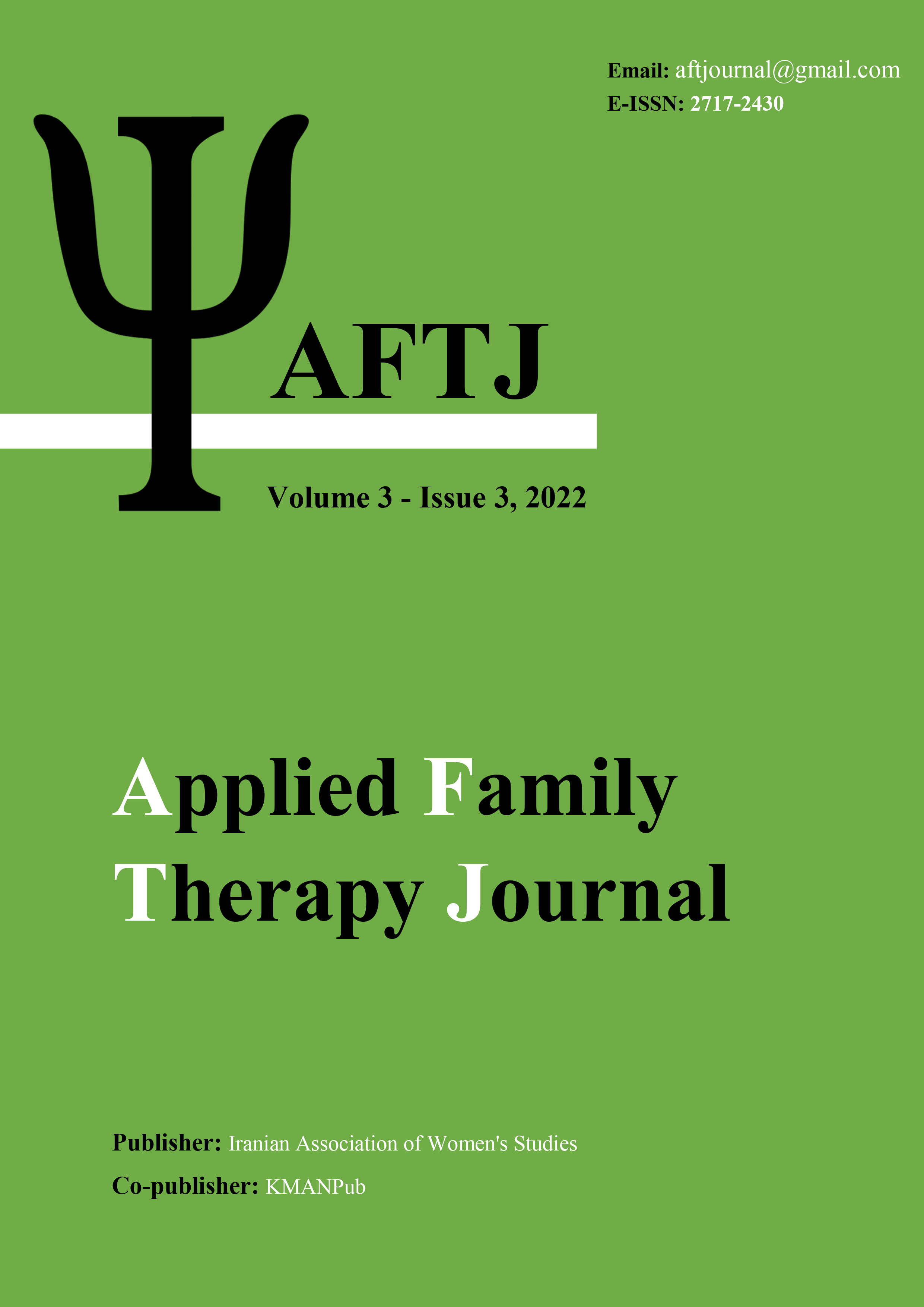The effectiveness of behavioral activation on reducing vasomotor symptoms in postmenopausal women
Keywords:
Behavioral activation, vasomotor symptoms, menopause.Abstract
Aim: The aim of this study was to the effectiveness of behavioral activation on reducing vasomotor symptoms in postmenopausal women. Method: The research was applied in terms of purpose and quasi-experimental research design with a control group and a follow-up period. The statistical population included all postmenopausal women referred to Ghaemshahr medical centers in 1400 and 40 of them were selected by available sampling method. And were randomly assigned to experimental and control groups First, both groups were pre-tested with the menopause symptom severity questionnaire of Pimenta et al (2006). Then, the experimental node received 8 sessions of 90 minutes of Canter, Bush and Rush (2009) behavioral activation therapy interventions and the control group did not receive any intervention. At the end of the course, post-test was taken from both groups and after two months to evaluate the stability of the effect, the groups were assessed, Data were analyzed using repeated measure variance. Results: The results showed that behavioral activation treatment was effective in reducing vasomotor symptoms in postmenopausal women (F = 33.03, P = 0.001) and the treatment effect was stable over time (P < 0.05). Conclusion: Based on the results of the present study, it is suggested that behavioral activation therapy be used to reduce vasomotor symptoms in postmenopausal women.
Downloads
Downloads
Published
Issue
Section
License

This work is licensed under a Creative Commons Attribution-NonCommercial 4.0 International License.





















